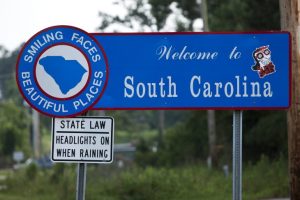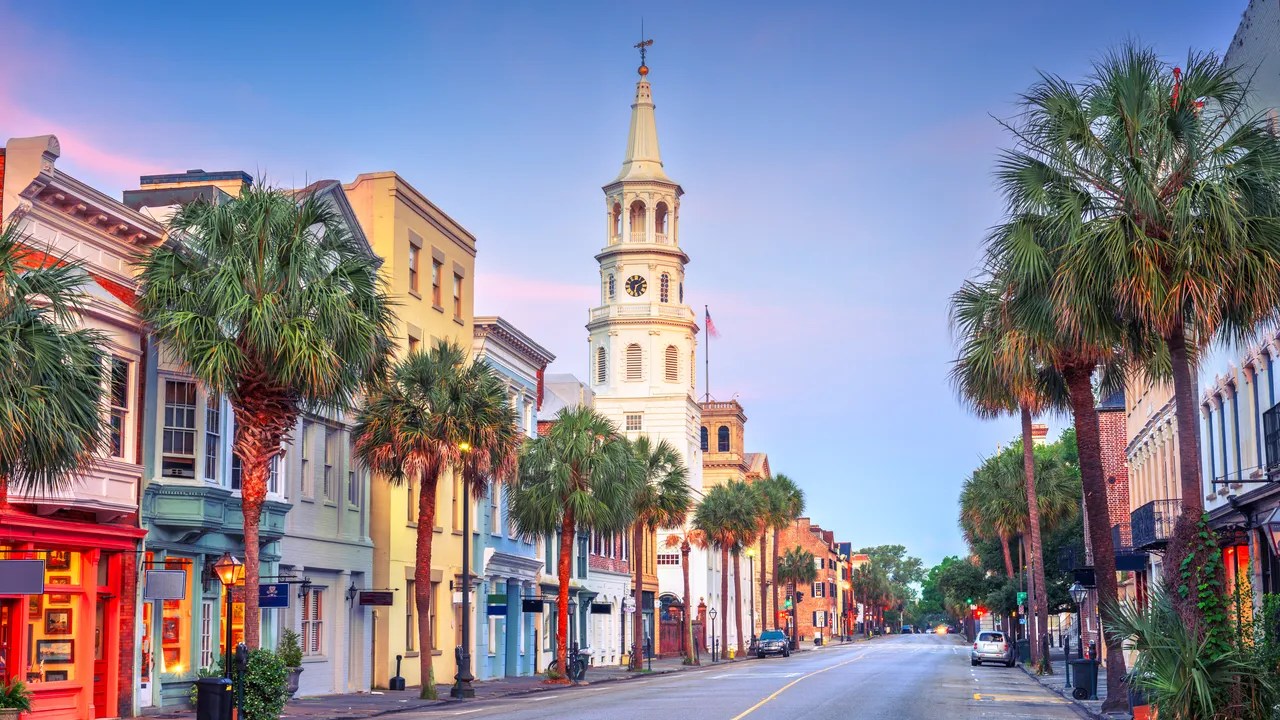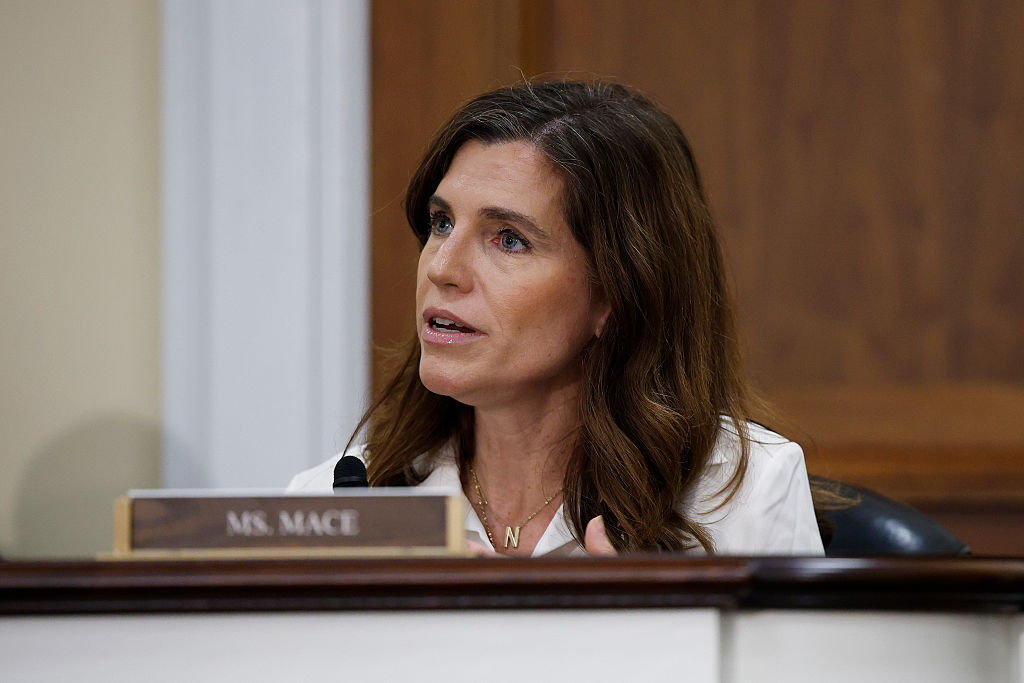Raleigh, North Carolina
North and South Carolina are home to some of the most important contests of this usually contentious election year. Closely divided North Carolina could go either way for president, US Senate, and a host of other races, while South Carolina’s highly competitive — and highly expensive — matchup between incumbent Republican Sen. Lindsey Graham and former South Carolina Democratic party chairman Jaime Harrison has been one of the biggest surprises of the political season.
I grew up in the most-populous city in the Carolinas, Charlotte, which is right on the border between the two states. I have family roots in both. So let me be the first to admonish those on the outside looking in: the two states may end the same way, verbally and (at least for Senate) electorally, but their political journeys have been quite different. A higher share of South Carolinians are African American and a higher share of white South Carolinians describe themselves as conservatives. In both Gallup surveys and the Cook Political Report’s Partisan Voting Index, South Carolina shows up as a much-redder state than its northern neighbor.
One way to bring these differences into focus is to consider how the two states have diverged in US Senate races since the early 1970s. That’s when modern two-party competition truly emerged in the Carolinas. Since then, just five South Carolinians have served in the Senate. During the same period, North Carolina has had 12 different senators. All but two, Republicans Jesse Helms and Richard Burr, served only a single six-year term or less.
That incumbent Sen. Thom Tillis faces a tough reelection in 2020, then, is no surprise to North Carolinians. They see it as par for the course. Indeed, even Helms and Burr usually won their races by modest margins. By contrast, only at the tail end of their careers did longtime South Carolina senators Strom Thurmond and Fritz Hollings win reelection with less than overwhelming majorities.
It was Hollings, actually, who was the last South Carolina senator to be a Democrat. His final victory in 1998 with only 53 percent of the vote was one of many contemporaneous signals that Southern-style political moderation within the Democratic party was on its way out. In that same year, trial lawyer John Edwards won the Senate race in next-door North Carolina with 51 percent of the vote and was soon advocating universal health insurance, heavier taxes and environmental regulations, and more spending on anti-poverty programs.
In their 2020 Senate campaigns, both Harrison in South Carolina and former state senator Cal Cunningham in North Carolina are positioned in what is now the progressive mainstream of the Democratic party. In Cunningham’s case, however, his campaign message got upended by his own John Edwards-style scandal. He isn’t denying reports of multiple extramarital affairs. Cunningham isn’t saying much at all these days. Democrats are hoping his massive advantage in paid advertising and overall voter exhaustion with the Trump presidency will carry their suddenly silent Senate candidate over the finish line.
Despite their differences in political culture, the Carolinas do have a common denominator making at least some of their political contests competitive this year: shifting voter preferences in the fast-growing suburbs. According to the 2016 exit polls, Donald Trump won more than 60 percewnt of the vote in the Carolina suburbs of four years ago. Today, most polls show Trump roughly tied with Biden in the North Carolina suburbs. Tillis and Cunningham are roughly tied there, too. The best polls for Harrison in South Carolina show a similar suburban blue-shift.
[special_offer]
In the state I know best, North Carolina, Democrats and Republicans see the toss-up races differently at the moment because they are looking at different underlying numbers. Democrats take comfort from the fact that most polls have had their candidates ahead of the GOP candidates, if only by a point or two. They are also pleased to see heavy turnout among the party faithful in the early voting, both in-person and by mail. According to an October 22 VoteTracker report from the Civitas Institute, a conservative think tank, registered Democrats make up about 43 percent of all early voters despite being only 36 percent of the total electorate. Most North Carolinians will cast their ballots before Election Day — and a vote already banked is a vote Democratic operatives won’t have to hustle to turn out on November 3.
But many Republicans are looking at the same early-vote totals and feeling a bit better about their chances. According to party-registration data, the North Carolina electorate is less Democratic than it was four years ago, when about 40 percent of voters were registered that way. Moreover, the Democratic share of early votes cast so far this year is running below the 2016 trend. This may change, of course. And while in the past unaffiliated voters in North Carolina tended to lean more red than blue, Democrats credibly argue that young, left-leaning North Carolinians may be registering for the first time as unaffiliated rather than Democratic voters.
Still, there are at least two propositions shared by both camps. First, if Donald Trump doesn’t win North Carolina, he will almost certainly be a one-term president. And second, if somehow Lindsey Graham doesn’t win South Carolina, Republicans will be in the minority in the US Senate for years to come.

























